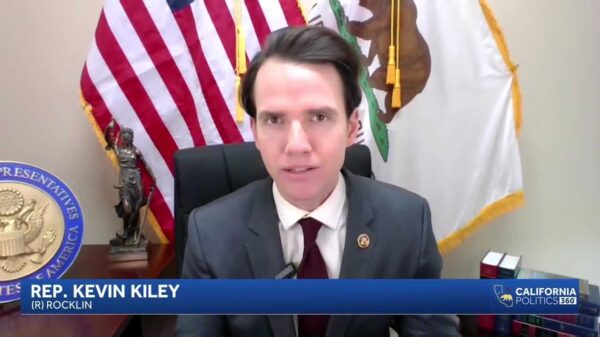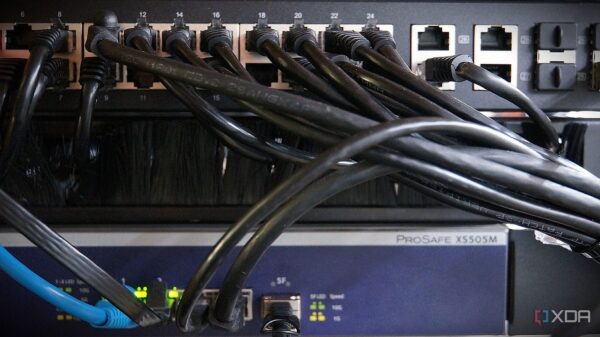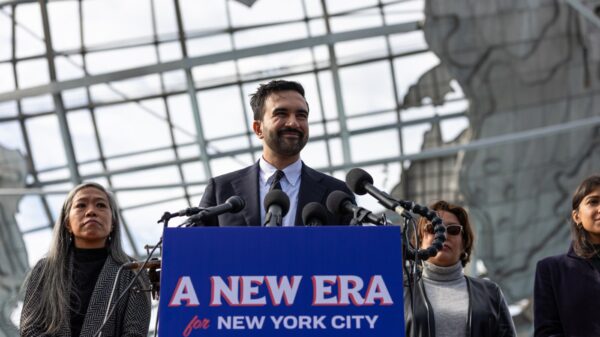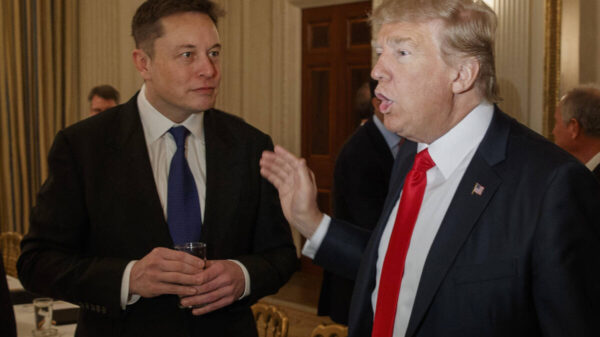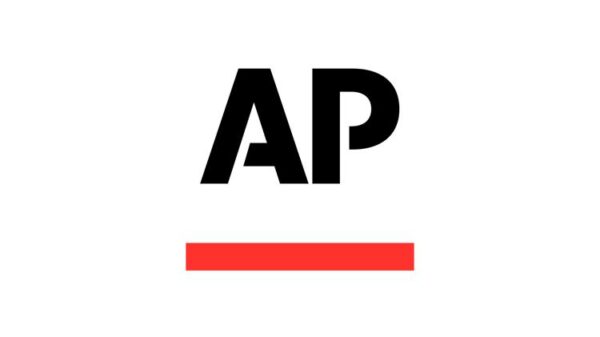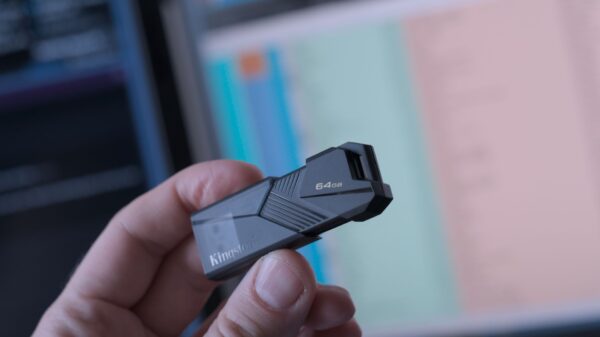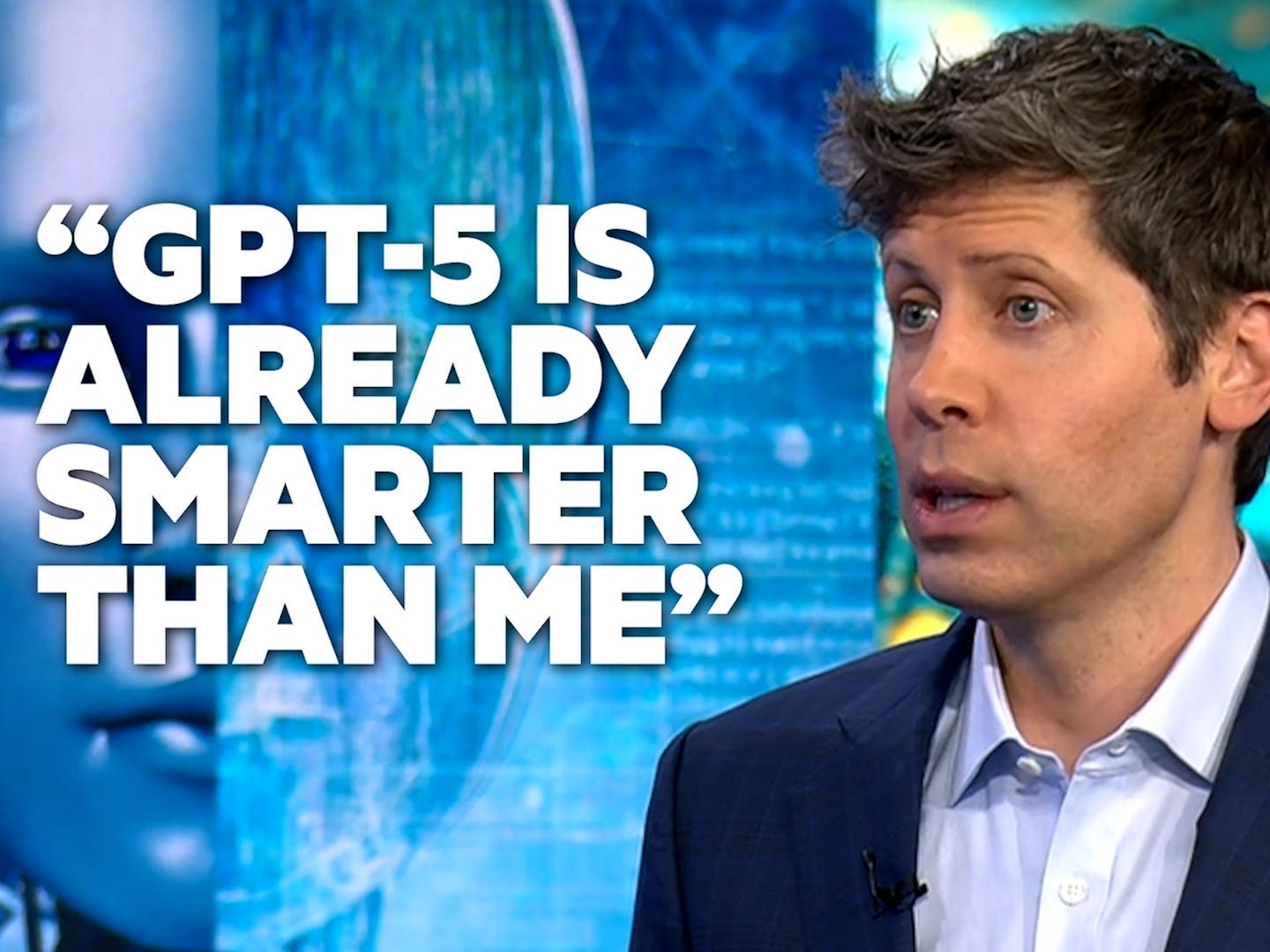URGENT UPDATE: OpenAI CEO Sam Altman just revealed that artificial intelligence could replace 40% of jobs in the near future, underscoring the urgency for regulation and safety in AI development. In a recent interview, Altman elaborated on the rapidly evolving landscape of AI and its profound impact on the workforce.
This announcement comes as AI technologies advance at an unprecedented pace, prompting discussions about the future of work and discovery. Altman emphasized the need for strict oversight to ensure that AI systems are safe and beneficial for society, stating, “We must approach this evolution with caution and a strong regulatory framework.”
The implications of Altman’s statements are significant. With AI set to transform industries, workers in sectors such as manufacturing, customer service, and even professional services may face job displacement. The potential for AI to take over such a substantial portion of the workforce raises critical questions about economic stability and the future job market.
Altman’s remarks come in the wake of increasing awareness about AI’s capabilities and risks. As AI systems continue to improve, the need for ethical guidelines and safety measures becomes more pressing. “It’s not just about innovation; it’s about ensuring that we innovate responsibly,” Altman added.
As the world grapples with these developments, attention is turning to policymakers and industry leaders to create frameworks that can manage the transition. Altman urges a collaborative approach, involving governments, researchers, and businesses to navigate this transformative era.
Looking ahead, stakeholders in various sectors must prepare for the impending changes. Labor markets may need to adapt, with upskilling and reskilling initiatives becoming pivotal in maintaining employment levels. Companies will also need to rethink their workforce strategies and invest in training programs to help employees transition into new roles created by AI.
As these discussions unfold, the question remains: How will societies respond to the challenges posed by AI? The urgency for action is clear, and Altman’s insights are a call to arms for both leaders and workers alike.
This story is developing, and as more information becomes available, we will continue to provide updates on how AI is reshaping the future of work. Stay tuned for more insights and expert opinions on this critical issue affecting millions around the globe.


